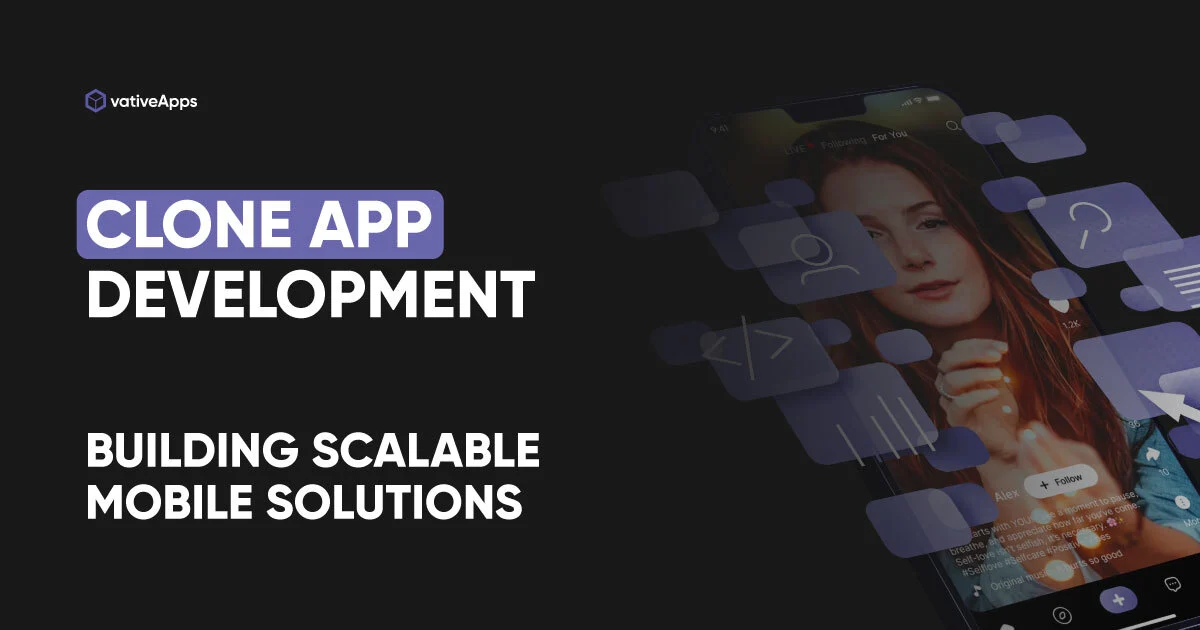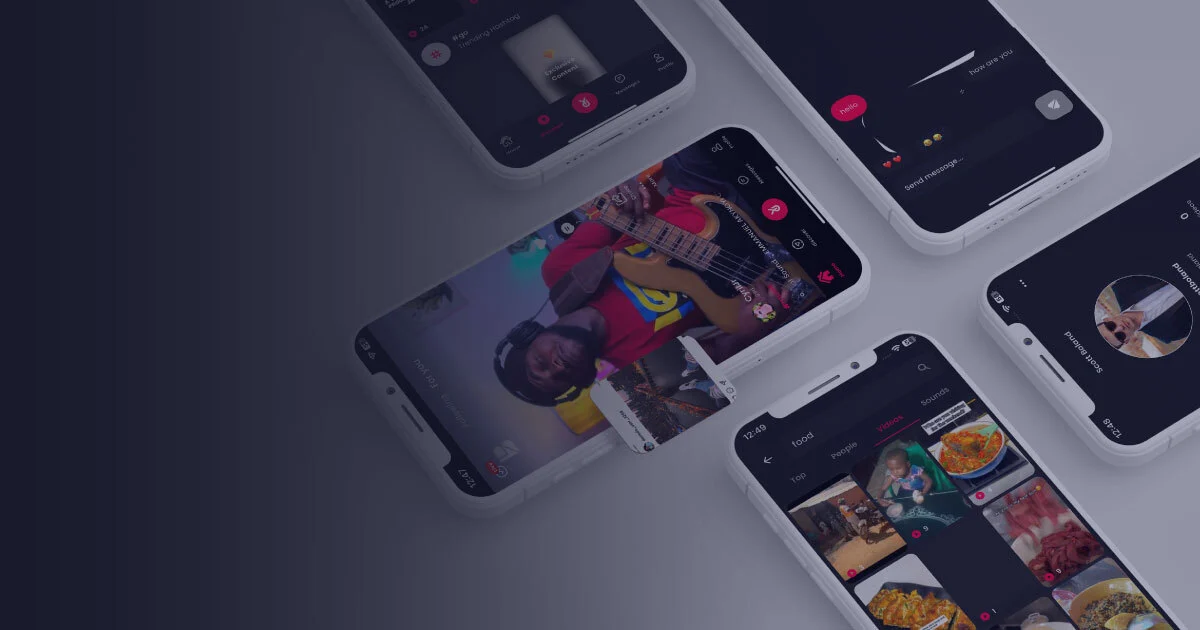
One trend that’s catching attention is clone app development. This strategy allows entrepreneurs or small business owners to copy or duplicate successful app features while serving them according to market needs. By working on proven concepts, companies can save time and put in limited effort while still providing the best quality mobile solutions.
As more startups introduce and established companies center toward digital platforms, the need for personalized applications increases. It’s not just about copying; it’s about upgrading and converting in a marketplace filled with competition.
Let’s analyze why clones app development is becoming a top choice for businesses hoping to succeed in a digital environment.
Demand for Clone Apps: What’s Driving the Trend?
The demand for clone app development has created suitable situations for businesses. Business owners and entrepreneurs realize that replicating successful models can open up fast market access and lower risk.
Many startups lack the assets to create something new from scratch. Clone application development provides a possible solution, allowing them to develop active structures with high demand.

Market trends also disclose customer preferences and move toward familiar interfaces and performances. Users are often attracted to platforms that match their favorite applications and improve engagement and loyalty.
Also, developers can now more easily modify these clones because of the quick advances in technology. This flexibility guarantees that companies may serve certain markets while supporting key components of prominent apps.
Understanding this desire is essential for businesses hoping to maintain growth and relevance in the digital era as industry competition increases.
How Clone Apps Boost Business Success
Clone app development serves businesses a strategic profit in today’s competitive time period. By duplicating effective models, companies can get a place in markets with minimum risk and time.
One of the main benefits is affordability. Clones applications development requires fewer resources than making an original idea from the initial stage. Through this, startups and established businesses invest funds towards marketing or extra features.
Another essential benefit lies in fast deployment. Businesses can introduce their products and services faster and take benefits from trends before the other companies catch up. App customization also plays an important role. While the main operations are replicated by existing apps, there’s enough room for different branding and boost-up to specific audiences.
Besides, influencing familiar UI improves user experience. Users are encouraged to connect with applications that reflect the popular app designs they already use and understand the interface.
Top Considerations for Building a Clone App
When involving clone app development, numerous essential factors come into play. First, understanding your target audience is so important. Their preferences, perspectives, and behaviors will structure the elements you include. Next, you research the original app properly. Its best part and the flaws are to build a better version that notifies gaps in the market.

Technical factors cannot be missed. Select the right technical point for reliability and scalability. This choice can be impactful for future updates and experiences while using mostly. Focus on legal values such as intellectual property rights. Avoid weakening the copyrights while clone applications development to ignore several legal issues gradually. By conveying these factors intellectually, you can create a strong base for an innovative clone application that has a strong and different image in a growing and competitive market.
Building a Clone App that Shines: The Complete Process
Clone application development starts with complete market research. Understand the pre-developed solutions and find gaps in their services. Also, define your target audience. Be aware of who will use your app, its features, and its design.
Once you get to know these aspects, move to planning. Create mockups to visualize user connection and flow. This step is important to relate team efforts. Then start developing, where coding takes center phase. Testing is essential at every other stage of the development process.
Often, check performance to find bugs early on. After launching, collect user reviews actively. This helps enhance the app further based on reality usage. Continuous alterations or improvements keep your clone app stable and relatable in a fast-growing market. Changes and upgrading are key to success in the long term.
The Future of Clone App Development and its Impact on Businesses
As businesses demand efficiency and innovation, clone app development delivers an innovative and new path to success. They focus on companies that are involved in pre-established market trends while reducing the risks associated with creating new ideas from the starting point.
In the future, there will be an even greater need for scalable mobile solutions. Companies want this approach to stay competitive and successful in their respective industries. The way to personalize clone application development makes sure that they meet particular business needs without losing the perspective of user experience.

As technology is getting high, it is valuable for clone application development. It will become usual to expect elements like high-security standards and AI integration. Businesses need to continue being flexible and prepared to use these developments in their plans.
Those who consider the value of efficient clone app development methods are prepared for growth and sustainability in a constantly developing digital world. Understanding clones app development today might be what distinguishes profitable businesses in the future. Visit vativeApps for more detailed insights or contact us for App development.